The Devils
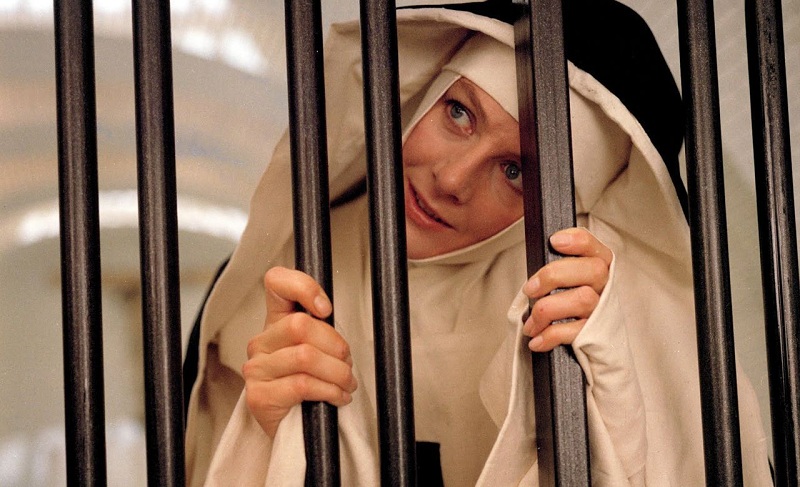
The British Film Institute’s Uncut season is currently underway. Screening films with histories of contention between film-makers, audiences and censors, it celebrates the centenary of the British Board of Film Classification, and questions the changing limits of taste.
While censorship is often an intriguing topic for debate, the best reason to attend the Uncut season is simply to see a number of fascinating films in the BFI’s terrific cinema. The most notable of these screenings are those of Ken Russell’s The Devils.
Since its creation, The Devils has been by turns censored and suppressed, both by ratings boards and its own studio, and despite the BFI’s DVD release of the British X-Certificate cut in March of this year, Russell’s intended cut remains unreleased by its distributors. Two sequences in particular have long been bones of contention, one of which has become infamously, (tellingly) named “the Rape of Christ”.
But thanks to years of work finding and restoring the footage from these long-thought lost scenes, Ken Russell’s “true” cut of The Devils has been screened sporadically at festivals since 2004. For someone who saw a poorly mastered and reconstructed version of the film on DVD, a rare viewing of the director’s approved print was an intriguing prospect – and it was far from disappointing.
Based, in its own words, on “true events” documented and dramatised in Aldous Huxley’s The Devils of Loudun and John Whiting’s play The Devils, Russell’s film is about an alleged case of demonic possession in the provincial, Protestant town of Loudun, France, in 1634. The Machiavellian Cardinal Richelieu’s (Christopher Logue) plan to unify Catholic Church and State finds its staunchest opposition from Urbain Grandier (Oliver Reed), a priest quietly reconciling his piety, and desires for physical and emotional love. Meanwhile, Sister Jeanne (Vanessa Redgrave), head of Loudun’s convent, and a woman being driven to near-mania by her own conflicted sexual impulses, finds herself investigated and manipulated by those attempting to destroy Loudun’s self-sustenance and Grandier’s surrogate control, its governor having recently died.
The Devils is a complex film, but its triumph is in its remarkable leanness. It deals in depth with ideas about piousness and religious dogma, the nefarious coupling of church and state, and the venality inherent in politics and religious leadership, harshly satirising a state in which the masses – particularly women – are treated as sheep and those in power selfishly seek only more. Russell’s script is artfully written, intricate but direct, and the cast performs it terrifically.
Oliver Reed is beautiful as Grandier, changing from a questionably corrupted leader through a remarkable journey, understanding true faith in humanity. Vanessa Redgrave is similarly powerful, theatrically hunch-backed, seductive but charmless as a sexually repressed mother superior, then spitting her accusations as she becomes a hideously abused puppet of the invading politicians.
The performances are exaggerated but crucially not over-the-top, like the film itself. Its more explicit sequences, rather than being excessive, do not even stand out amongst the dramatic interplay, both literal and expressive representations of events. Performances are gestural, suggestive of thematic undertones, as is the striking score by Peter Maxwell-Davies and the startling set of Loudun, designed by artist Derek Jarman. Sheer walls of pristine white bricks stand proudly for a city that seems far ahead of its time. Russell’s compositions and movements of the camera are assured, his dexterity and clarity a joy to behold. As a masterfully directed vision, these elements all work together wonderfully.
The Devils is an aesthetic beauty, a brilliantly paced and performed drama, a complex discussion of the politics of religion and stifled humanity. It is a hugely important work of British cinema and a ferocious yet superbly crafted film. Why this true cut remains under wraps is a dire oversight, and if you wish to see it yourself you must make your voice heard to those unfairly holding it back.
Stephen Glass
For further information on the BFI’s Uncut season visit their website here.

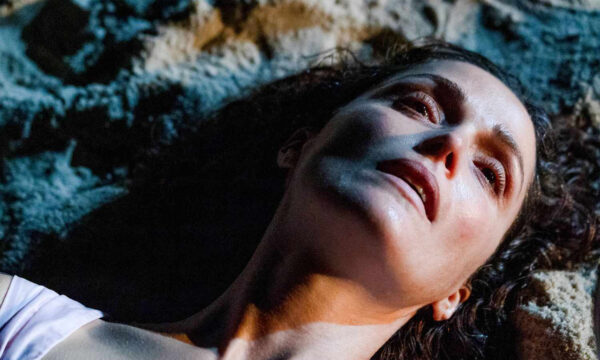
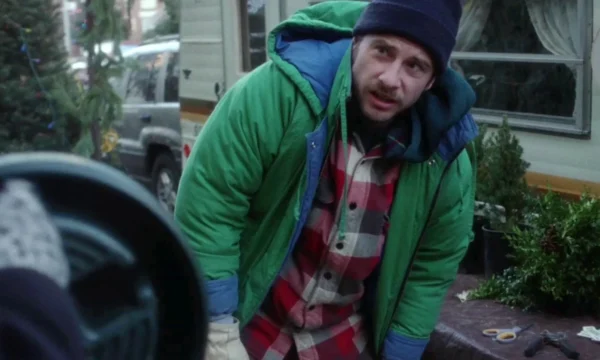
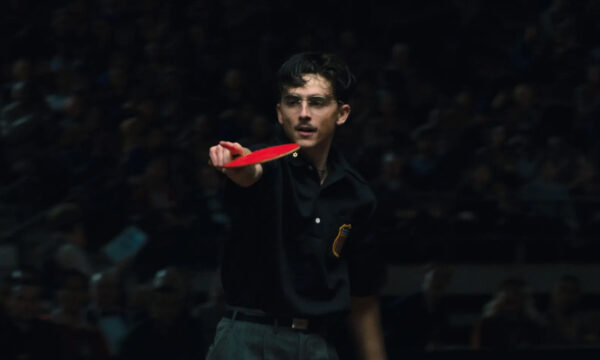

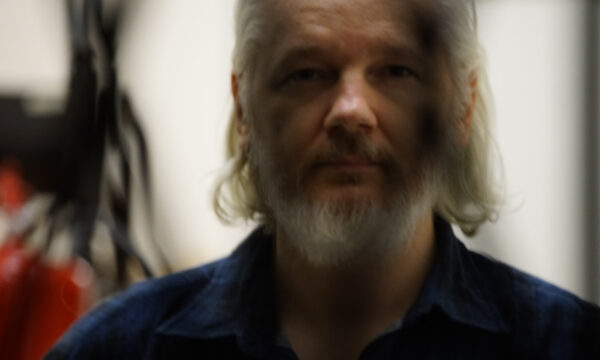
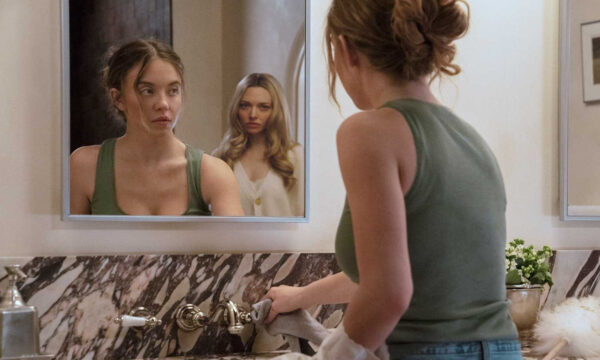
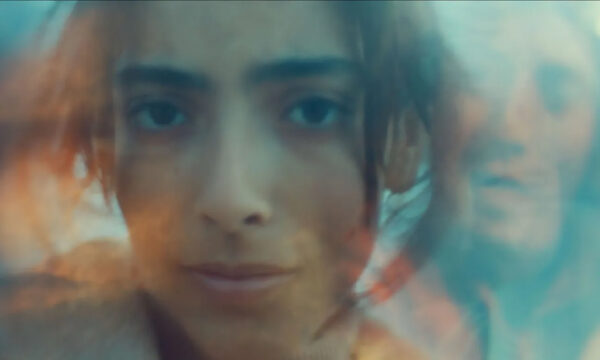
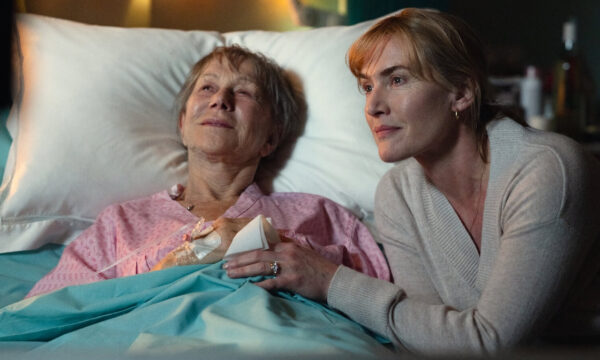


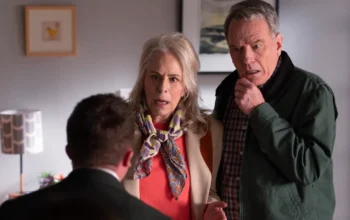
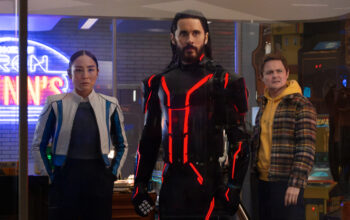
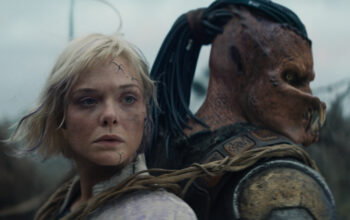







Facebook
Twitter
Instagram
YouTube
RSS